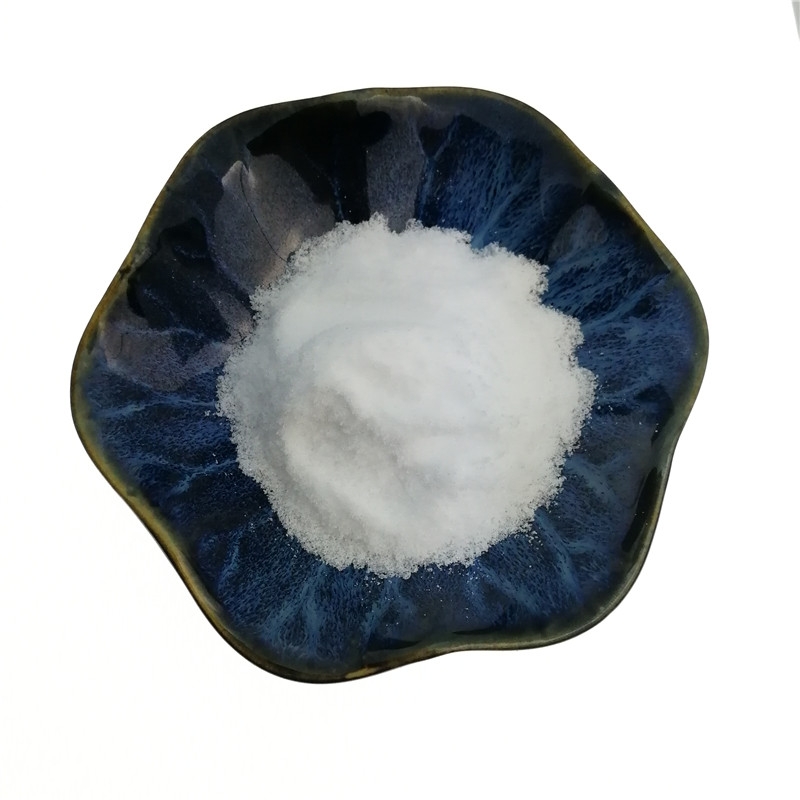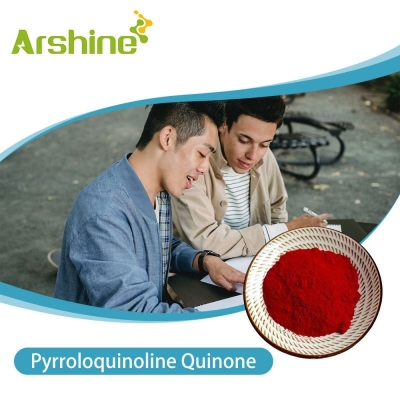-
Categories
-
Pharmaceutical Intermediates
-
Active Pharmaceutical Ingredients
-
Food Additives
- Industrial Coatings
- Agrochemicals
- Dyes and Pigments
- Surfactant
- Flavors and Fragrances
- Chemical Reagents
- Catalyst and Auxiliary
- Natural Products
- Inorganic Chemistry
-
Organic Chemistry
-
Biochemical Engineering
- Analytical Chemistry
- Cosmetic Ingredient
-
Pharmaceutical Intermediates
Promotion
ECHEMI Mall
Wholesale
Weekly Price
Exhibition
News
-
Trade Service
Researchers at the University of Michigan tested air and surface samples around campus and found that inhaling virus particles was more likely than getting them from a fing.
"In this study, we set out to better understand exposure to the SARS-CoV-2 coronavirus in several university campus settings," explained study author Richard Netzer, professor of environmental health sciences and global public heal.
These environments include offices, classrooms, performance spaces, cafeterias, buses and gy.
"We also used information on campus COVID-19 infections to estimate the probability of infection associated with our environmental measurements," added Netz.
"The overall risk of exposure to the virus was low at all the sites we measured," he sa.
However, "our findings suggest that inhalation is associated with a much higher risk of infection than contact with surfaces such as doorknobs, drinking fountains, keyboards, desks, sinks and light switches," he not.
To control relative risk, between August 2020 and April 2021, Netzer and his colleagues used air pumps and cotton swabs at various locations on the closed camp.
In total, more than 250 air samples were collected, of which 6% tested positive for the virus that causes COVID-1 Of the more than 500 surface samples, 4% were positi.
The most dangerous environment was the gym, where 75% of air samples and 50% of ground samples showed positive sig.
Overall, positive readings were much lower in offices, computer keyboards, light switches, desks, microwave ovens, refrigerator handles, or around student des.
But after superimposing the positive samples with actual COVID cases on campus, the team determined that the probability of contracting COVID after exposure to airborne viral particles was about 1 in 10
The researchers determined that the probability of disease on contaminated surfaces was 1 in 100,000 peop.
Nonetheless, Netzer emphasized that the findings reflect a time and place when strict surface cleaning protocols were enforced and crowds were abse.
However, the findings suggest that people should be more concerned about the risk of inhalation of the coronavirus than the risk of touching surfaces, "at least in environments where surfaces are regularly cleaned, like our campuses," Neitzel add.
"There is a growing recognition that Covid-19 is primarily airborne," said Elizabeth Scott, a professor emeritus at Simons University in Bost.
However, Scott, who was not part of the research team, cautioned: "The relative importance of surface transmission may be higher in households, dorms, or places where people live together and repeatedly touch the same surfac.
She stressed that the study did not assess the risks of such private spac.
In her view, "We need to continue effective and comprehensive hand and surface hygiene practices, as well as respiratory and air hygiene, to prevent all other community-transmitted infections, which were an issue prior to COVID-19 and will be relevant in the futu.
We are in this together," Scott sa.
The findings were published April 27 in the journal Exposure Science and Environmental Epidemiolo.







